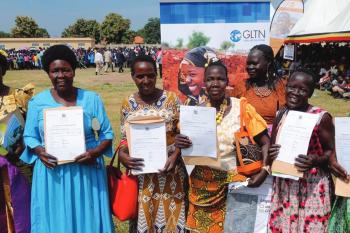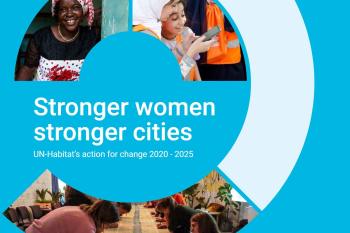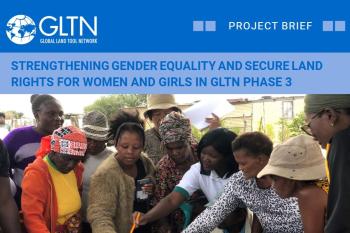
Read More
Gender Strategy for Land-at-Scale Uganda
Women’s Land Rights (WLRs) are fundamental human rights, foundational to gender equality and women’s dignity and instrumental in improving food security, effective climate action, poverty eradicati

Large-scale land acquisitions or leases, also referred to as 'land grabs', have multiplied in the wake of the food, energy and financial crisis. Welcomed by leading international financial institutions, multilateral agricultural organisations, and mega philanthropy for bringing in much needed investment to neglected rural areas, these land deals represent instances of investment in only the narrowest terms. Once the notion of investment is expanded to include not just financial but also human, social, natural and physical capital, it is clear that these land deals represent instances of appropriation rather than investment.
Adopting a political economy and rights based approach, this paper examines a range of positive alternative investments which strengthen the right to food, re-valorise agricultural work, and build up ecological capital. In all of these it is small-scale farmers who are the main protagonists, if not the main investors.

Women’s Land Rights (WLRs) are fundamental human rights, foundational to gender equality and women’s dignity and instrumental in improving food security, effective climate action, poverty eradicati

This publication presents a summary of UN-Habitat’s gender equality impact over the past five years, in line with the Beijing reporting cycle.

GLTN’s institutional commitment to gender equality and secure land rights for women and girls has been at the core of its work since inception in 2006.